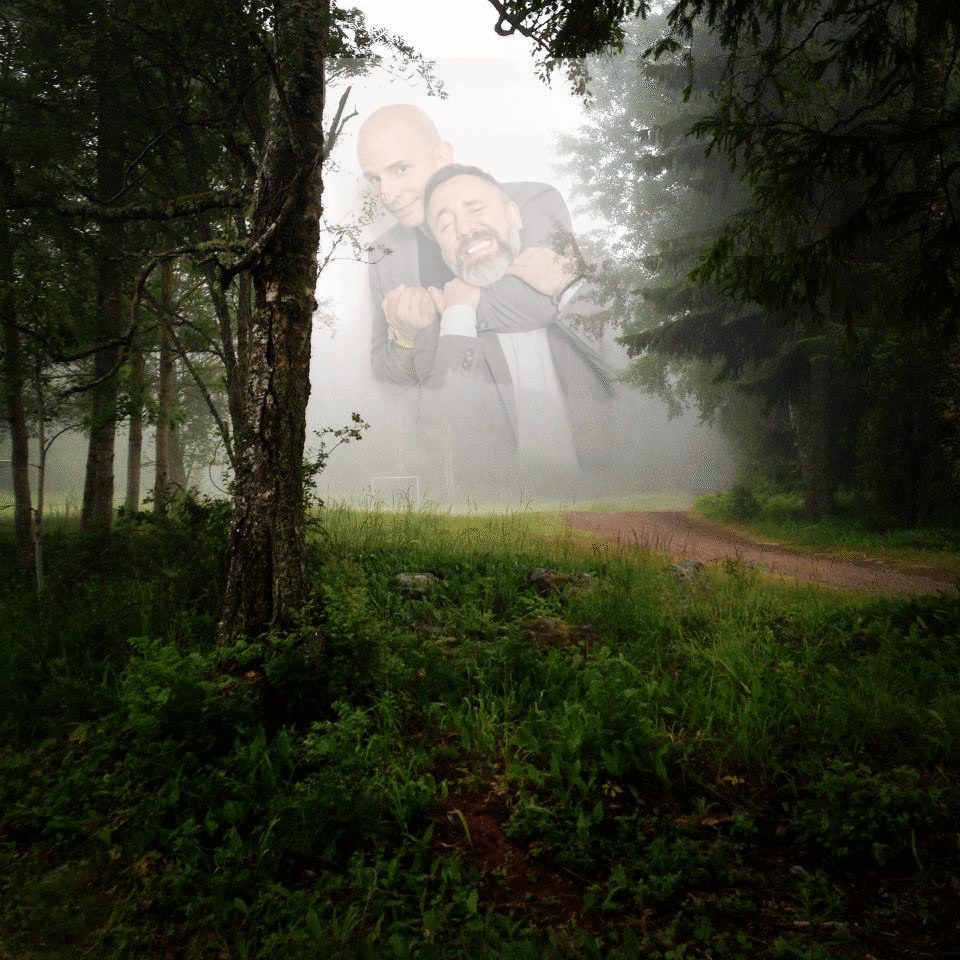The development within the IMMAF is very worrying and threatens the legitimacy of the entire MMA scene.
Photo: Simon Kölle
It is now clear that the founder of IMMAF, Sweden’s August Wallen and the vice-chairman George Sallfeldt (also from Sweden) have now been forced to leave the organization. The root of the problem is said to be corruption, and several areas which are poorly managed that George and August wanted to raise and get to the bottom of.
George Sallfelft gives further insights:
Unfortunately, we were not given any opportunity to prepare a defense, and the accusations levied against us were baseless. It would have been easy to refute these allegations if we had been made aware of their nature beforehand. Primarily, we were accused of posting harmful content on social media and engaging in unauthorized communication. However, as you are well aware, I have not posted anything detrimental, and all our discussions have been confined within the membership.
This situation clearly illustrates the act of removing us for voicing our concerns about the declining state of affairs. The EGM made it evident that preventing individuals from exercising their right to free speech has become a sad reality. Our original vision for IMMAF was to establish a sports federation free from corruption. When corruption did emerge, we took a principled stance against it. August and I exit the federation the same people we were when it started. I can’t say that for others. Unfortunately.
It is, of course, very bad for the sport of MMA, and the media should, of course, highlight and discuss this important issue.
Fighter Magazine tried to reach the chairman of IMMAF, for a comment, without any luck.
When IMMAF was announced in 2012 by the UFC
August Wallén explains how IMMAF was founded (from IMMAF.org) after talks with George Sallfeldt:
We [George and August] both agreed that the key to further development, and funding, inside Sweden was to form and grow a legitimate international federation with World Championships. Creating this system would also allow fighters to remain amateur and develop their skills, rather than turn professional too quickly. We needed an amateur pyramid in MMA where some people were turning professional without even having competed, which was a crazy situation, but that was because amateur structures didn’t exist, unlike in almost every other sport.
Wallén knew that the first step for the IMMAF was to facilitate the formation of a unified national federation for as many countries as possible. Some countries, like France, had no body or organisation at all. Other nations, like Brazil, sported a handful of federations that operated independently of each other and sometimes in competition.
Lyssna på det senaste avsnittet av Fighterpodden!It was a challenge to build the pyramid with safety and medical issues as the top priority. We needed that reassurance and trust so people could compete safely. There were world champions in other sports who were coming in to compete in professional MMA, but in the long run, we also wanted really good youth training programmes and competitions to develop true mixed martial arts fighters from the start.
Our first job was to see that there were national federations capable of sanctioning professional events. We could then look into arranging international amateur events and hold amateur world championships. Once you hold regular international world championships, then you can search for recognition from GAISF and the IOC. When you have that, you are a recognized sport.
Thanks to the support of UFC we were able to organise our first amateur World Championships in Las Vegas in 2014, the same year that Kerrith Brown and Densign White joined IMMAF. Both were Olympian athletes in Judo and experienced sport administrators. Working with the elected Board, they have built a team, and processes, that have brought us to the brink of recognition by GAISF and the World Anti-doping Agency.
Wallen knew that the first step for the IMMAF was to facilitate the formation of a unified national federation for as many countries as possible. Some countries, like France, had no body at all. Other nations, like Brazil, sported a handful of federations that operated independently of each other and sometimes in competition.
It was a challenge to build the pyramid with safety and medical issues as the top priority. We needed that reassurance and trust so people could compete safely. There were world champions in other sports who were coming in to compete in professional MMA, but in the long run, we also wanted really good youth training programmes and competitions to develop true mixed martial arts fighters from the start.
Our first job was to see that there were national federations capable of sanctioning professional events. We could then look into arranging international amateur events and hold amateur world championships. Once you hold regular international world championships, then you can search for recognition from GAISF and the IOC. When you have that, you are a recognized sport.
Thanks to the support of UFC we were able to organise our first amateur World Championships in Las Vegas in 2014, the same year that Kerrith Brown and Densign White joined IMMAF. Both were Olympian athletes in Judo and experienced sport administrators. Working with the elected Board, they have built a team, and processes, that have brought us to the brink of recognition by GAISF and the World Anti-doping Agency.


Kommentarer